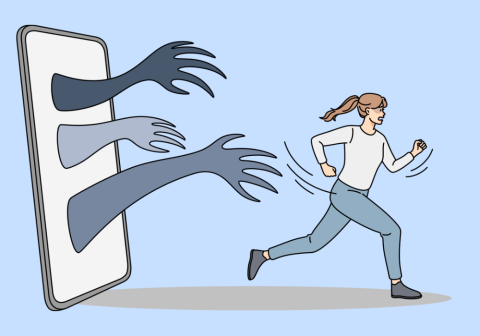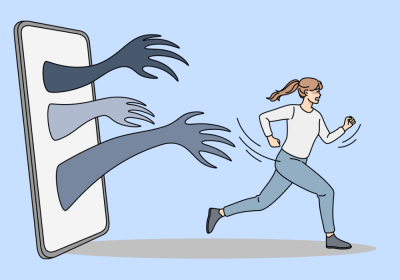My Stroke Story
My life changed forever on June 11, 2019— the day I endured an ischemic stroke in my left carotid artery. Let’s rewind time 2 years—I was a 30-year-old living in San Diego by the beach. I was a very active and healthy woman with a rewarding career as an Occupational Therapist. I was social and outgoing with my close-knit group of family and friends. My life was complete bliss. But on that day, my positive and optimistic spirit quickly vanished into complete darkness, depression, and hopelessness. The stroke left me with this disability… aphasia, a communication disorder which made it extremely challenging for me to speak.
Recovery in my brain injury program was exhausting and tiresome-- physically, cognitively, but especially emotionally. I realized that I could not participate in what made up most of my identity anymore. Things I had spent my life developing including my career, personality, communication style, and physicality disappeared in an instant. My aphasia significantly impacted my confidence in conversations and relationships. I avoided phone calls and get-togethers with friends because I felt uncomfortable and embarrassed by my speech. With my family I was very emotional, and I spent the days sobbing and grieving the “old me” from before the stroke. I wanted to give up.
The local hospital was a huge advocate for my emotional well-being. They saw me struggling and provided me with a social worker who I met with once a week for half an hour. But that wasn’t nearly enough for my heavy emotional battle and the days seemed to last forever. I began having serious suicidal ideations, but I did not tell my family, friends, or therapists. I began to feel that my life had no purpose and there was nothing positive to look forward to anymore. I asked myself: “Why didn’t I just die from the stroke? Why did the doctors save me? If only they knew how depressed and miserable I felt.” Life was not worth living anymore if I could never speak with happiness and joy again.
The moment came on October 7th when I decided to end my life. I flew back to New Jersey for a close family-friend’s wedding. At the end of the weekend, I hugged my sisters extra tight when I said goodbye. This would be the last time that I see them. I said goodnight to my parents and told them I loved them. Then I took a knife upstairs to the third floor and sat on the bathroom floor. I began slitting my wrists. I was crying hysterically and aching for my life to just be over. Then I took 32 pills of my anti-depressants and swallowed them. I selfishly thought that I would not have to experience pain anymore. I looked in the mirror and said goodnight.
But I woke up. And decided I wanted to truly live.
Looking back on everything in the last 2 years, I realize how uneven time has been. There was the life I used to have for thirty years until the accident, and then the time since New Jersey that one night in October. And the thriving person I am today would not recognize the person in between those two events. Today, I speak my mind with confidence. I want to celebrate my stroke, because the “new me” is a better version of my “old self.”
Now it is my mission to share my story to gain public and professional awareness. I want to advocate for stroke survivors to get immediate and comprehensive support for their emotional well-being.
My heart would be so full if I could save one person from suicide by telling them to simply allow for the grace of time.
Kaitlyn is a volunteer with Stroke Onward, an organization that supports stroke survivors, families, caregivers, and the healthcare community to navigate the emotional journey to rebuild their identities and rewarding lives after stroke. Stroke Onward works to shine a spotlight on the emotional journey after stroke and redefine recovery which is too often presented solely as regaining old capabilities. Instead, recovery from stroke should also be about supporting a person to rebuild a happy and productive life, and a healthy sense of self, in the face of whatever capabilities can and cannot be regained.
















